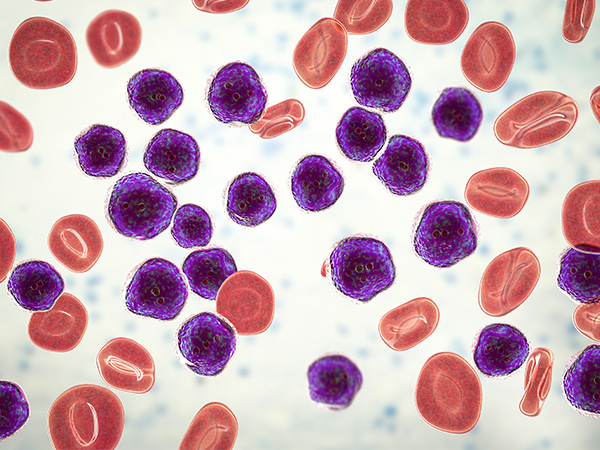Treating Acute Lymphoblastic Leukemia and Lymphoblastic Lymphoma
The U.S. FDA approved a new chemotherapy as part of a multi-drug regimen for certain patients with two similar blood cancers.
The U.S. Food and Drug Administration (FDA) approved asparaginase erwinia chrysanthemi (recombinant)-rywn (Rylaze) as part of a multi-agent chemotherapeutic regimen for acute lymphoblastic leukemia and lymphoblastic lymphoma patients one month of age or older.

Asparaginase is an enzyme that breaks down asparagine, which cancer cells need for division and growth. Asparaginase erwinia chrysanthemi is a chemotherapeutic asparaginase isolated from the bacterium E. carotovora. It is intended for patients who have an allergic reaction to E. coli-derived asparaginase.
The approval was based on an open-label, multi-cohort, multicenter clinical trial involving patients with hypersensitivity to the E. coli-derived asparaginase as part of a multi-drug regimen.
Lymphoblastic lymphoma is an aggressive form of non-Hodgkin lymphoma. Clinically this form of lymphoma, which is relatively rare, acts similarly to acute lymphoblastic leukemia and is often treated in the same ways. Acute lymphoblastic leukemia is the most common type of cancer in children and is also common in adolescents and young adults.
The FDA decision was rendered on June 30, 2021.
